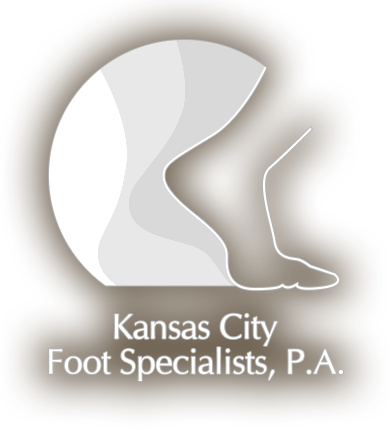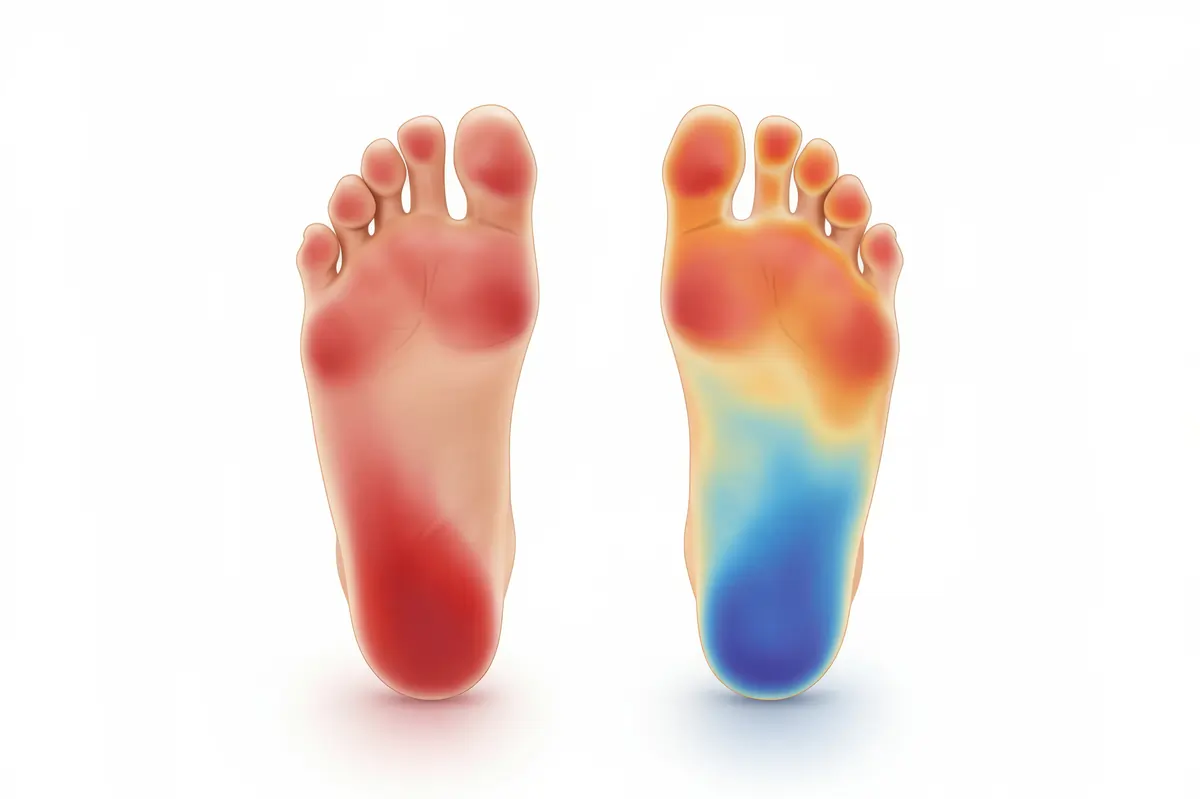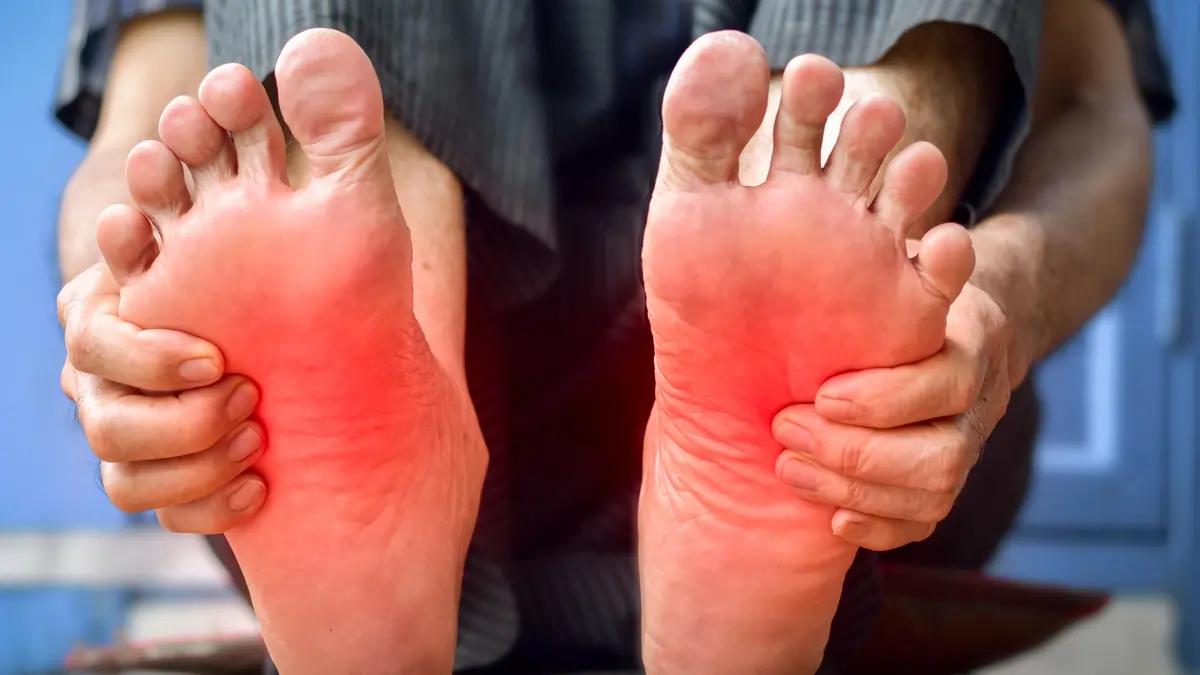Babies don’t need shoes
Sure, baby shoes are cute, adorable even, but they really aren’t necessary. Even after a baby begins walking, he or she doesn’t need shoes right away. Shoes should be avoided until a baby turns one, and even then may be avoided as long as conditions are safe for the baby to walk barefoot. The muscles of the feet are still growing, toes are learning to grasp, and strength and coordination are both developing.
Baby’s first pair of shoes
Once your baby is a one year old or older, they can start wearing shoes. It is critical to foot health that the first pair of shoes be lightweight, flexible, and soft. Little tennis shoes and hiking boots are cute, but not healthy for little, walking feet. Toddler shoes need to move with the foot, including flexing, and definitely need to leave the ankle and toes with free range of motion. Baby and toddler shoes should also be made of natural fibers such as leather or cotton which are much more flexible and forgiving on little feet than synthetic materials.
Pay attention to the sole and heel
Young children don’t have the same coordination as older kids and adults, thus their needs are vastly different. Babies and toddlers need shoes with soles that allow for the natural motion of the foot, and that allow movement similar to that of going barefoot. Such shoes will have flat, smooth soles, and should not be made from rubber. They absolutely should not have heels. Not only is there no reason for young children to have heels, but heels change a child’s balance and increase the likelihood of tripping and falling. They also increase risk of injury to the ankles.
Beyond shoes
Beyond putting off baby’s first pair of shoes and ensuring that the first pair is a healthy pair, there are other steps to take to ensure your child’s foot health. From the start, allow your baby to kick and move their legs and feet. This will help to develop strong muscles and coordinated movement for those first few steps when a baby begins to walk.
Long before a baby needs shoes, pay close attention to the fit of socks and one-piece, footed outfits. As the baby grows, these will restrict the feet and potentially cause long-term problems. The feet need room to grow if they are to develop properly.
Inspect little feet
Babies and toddlers don’t have the words to tell us when something is wrong, and it is sometimes difficult to know what their cries mean. Take the time to inspect your child’s feet regularly for any abnormalities. During bath time or as part of a bedtime ritual may be ideal for this. Look for any signs of abnormal development in the feet, including skin problems, the toes pointing in or out too an unusual degree, bruising or blistering, or anything else that doesn’t seem right.
If you have any concerns about the health of your child’s feet, when to buy the first pair of shoes, or any related concerns, call the podiatrists at Kansas City Foot Specialists today at 913-338-4440. We look forward to hearing from you and to helping you keep your child’s feet healthy from the beginning.



